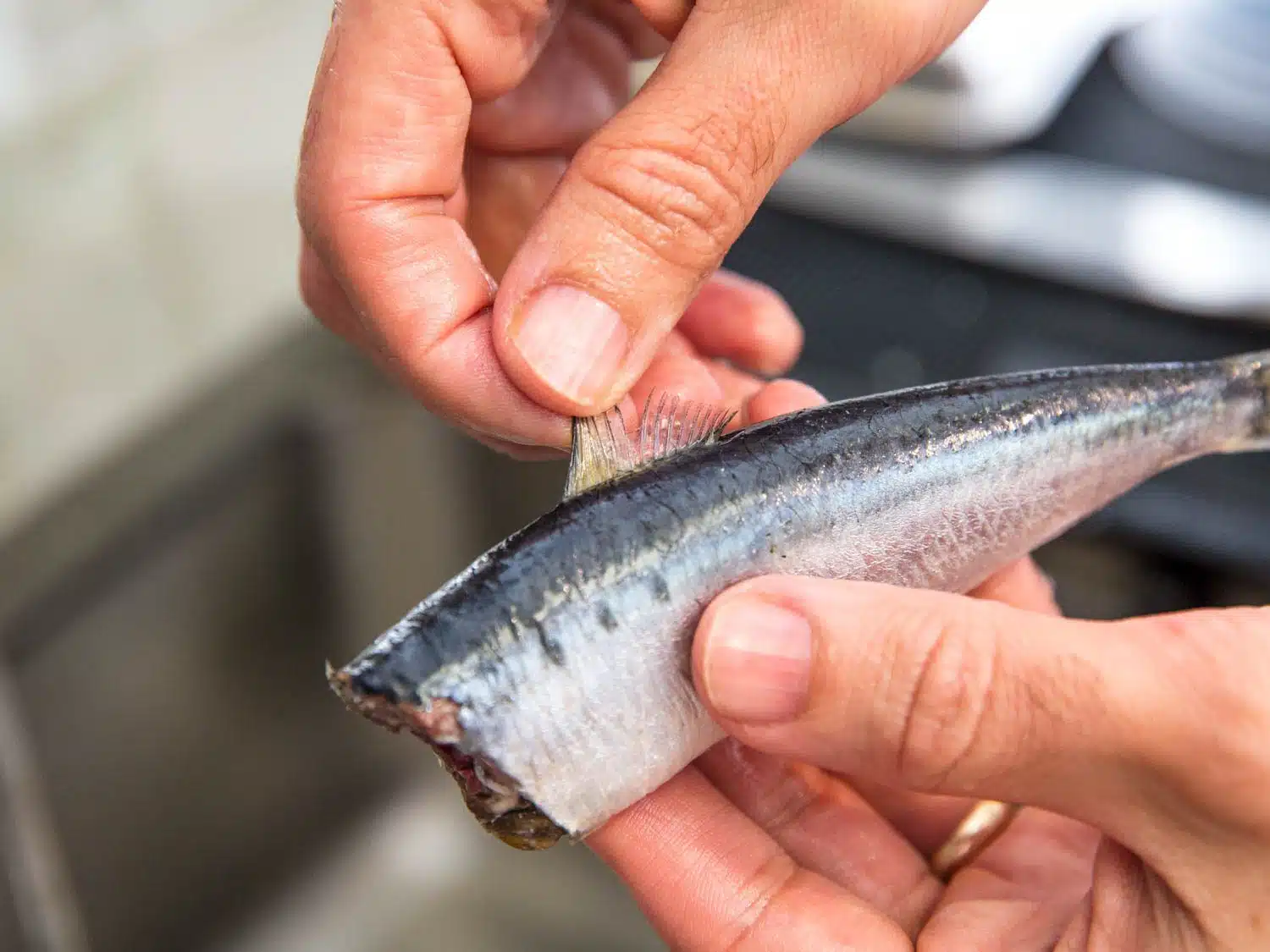Discover the eight fish that are better off from eating to preserve your health and protect the environment. Are you a fish lover and care for your well-being as well as the planet? Some food choices may have unsuspected consequences. What are these fish that absolutely avoid? Let us dive together into the depths of this question.
The fish that should be avoided
Pangasius: a low-cost fish, but at what price?
Very popular in large areas for its attractive price, pangasius (or panga) is often bred in intensive industrial conditions, mainly in Vietnam. These farms sometimes use antibiotics and chemicals to combat diseases. The fish may thus contain undesirable residues. Its low nutrient content compared to other fish also makes it a nutritionally uninteresting choice.
Read more on the next page.
Red tuna: a critically endangered species
Bluefin tuna is a victim of its popularity, especially in Japanese cuisine. Its overfishing has led to a drastic reduction in its populations, placing it in critical danger of extinction. Focus on sustainable alternatives such as sprouts from responsible fisheries.
Tilapia: a false good idea
Tilapia is often presented as a cheap and easy-to-cooked alternative. Yet, like pangasius, it is frequently bred in overcrowded environments with an unnatural diet, which can alter the nutritional quality of its flesh. It is also low in omega-3, the famous fatty acids that are beneficial to the heart. Moreover, its omega-6/omega-3 ratio is unbalanced, which could promote inflammation in the event of excessive consumption. To be avoided.
Read more on the next page.
European echelon: between pollution and disappearance
The European eel is doubly threatened. On the one hand, its population has fallen alarmingly in recent decades. On the other hand, its flesh accumulates pollutants such as PCBs and heavy metals, making it potentially harmful to consumption.
King mackerel: too much mercury
Less consumed in France than the common mackerel, the king mackerel sometimes remains present on stalls or in imported products. This carnivorous fish accumulates very high levels of mercury, which is particularly dangerous for the nervous system, especially in pregnant women and children. It is better to prefer Atlantic mackerel or Spanish mackerel, smaller and less contaminated.
Livestock salmon: controversial practices
If salmon is valued for its nutritional qualities, intensive farming raises concerns. Livestock conditions can promote the spread of diseases and the excessive use of chemicals. Choose wild or certified farmed salmon that meet strict standards.
Read more on the next page.
Spadon: a contaminated predator
As a major predator, swordfish accumulates high levels of mercury, a heavy metal that is toxic to humans. Excessive consumption can lead to risks to the nervous system, especially in pregnant women and young children.
Shadows: populations in decline
Several species of rays are in decline due to overfishing. Their low reproductive rate makes them particularly vulnerable. It is preferable to turn to other fish whose stocks are in better condition.
Read more on the next page.
Top 4 Fish Beneficial for Your Health

Fortunately, there are highly recommended fish that can be eaten without fear:
- Sardines: rich in omega-3, economics, and very low in mercury. This is a must.
- Atlantic Mackerel: rich in omega-3 with good health security
- Wild salmon: to be preferred over farmed salmon, which is often more polluted
- HarengHardness: good nutrient balance and risks
Wild or farmed fish: an important nuance
A salmon is not just a salmon. The one bred in the pool can contain up to 16 times more pollutants than wild salmon. The fault lies with an industrial diet rich in maize and soybeans, which also unbalances the omega-3 content.
It’s kind of like comparing a supermarket tomato to that of your grandmother’s garden: they look the same, but the quality isn’t the same.
Read more on the next page.
How do you make an informed choice?
Faced with sometimes incomplete or unupdated data on marine pollution, caution and common sense remain your best allies. Give preference to fish:
- Rich in omega-3 (see nutritional values)
- Small and wild
- Fished in poorly polluted areas (avoid industrial areas)
In the ocean, not all fish are equal.
To benefit fully from the benefits of seafood without suffering the drawbacks, it is sufficient to make the right choices. Integrate omega-3, low-mercury-rich species into your meals, and avoid overly contaminated predatory fish.
ADVERTISEMENT






